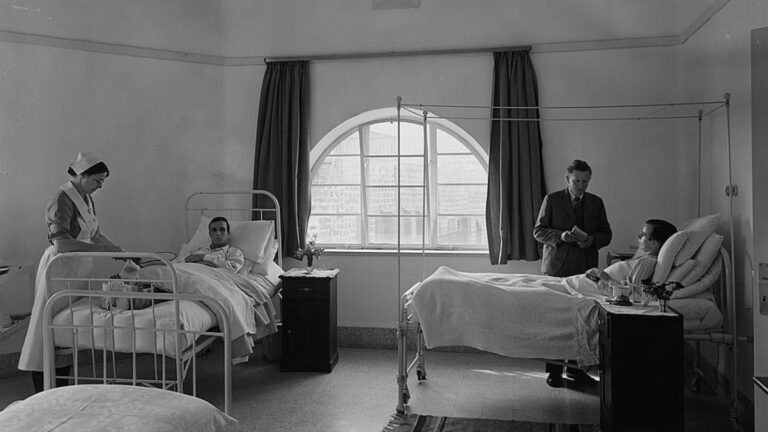Another cinema passed from this world last week when Ramat Gan’s Lev Cinema closed down after 25 years. One more casualty of the global downturn in movie theater attendance, the decline of cinemas as sites for social interaction and group entertainment, and the rise of new and cheaper multimedia outlets bringing entertainment to individual home TVs, desktop computers and mobile devices.
Lev means “heart,” a sentiment personifying the generous invitation extended by the cinema to local movie lovers to come collect souvenirs. Dozens of residents went away with film reels, posters and other mementoes, like rows of seats, “For watching movies at home and playing Nintendo,” as one young man told Ynet.
Even in their heyday, movie theaters in Israel were never as gilded and glamorous as their American or European counterparts, but cinema has long been part of the cultural landscape. Even before 1900, Samuel Feig, a Jerusalem Templer, was screening silent films at a Jaffa Gate coffeehouse. In 1908, the “Cinematographe Oracle” offered “living pictures” twice on Saturday and Sunday nights, and once on Thursdays.
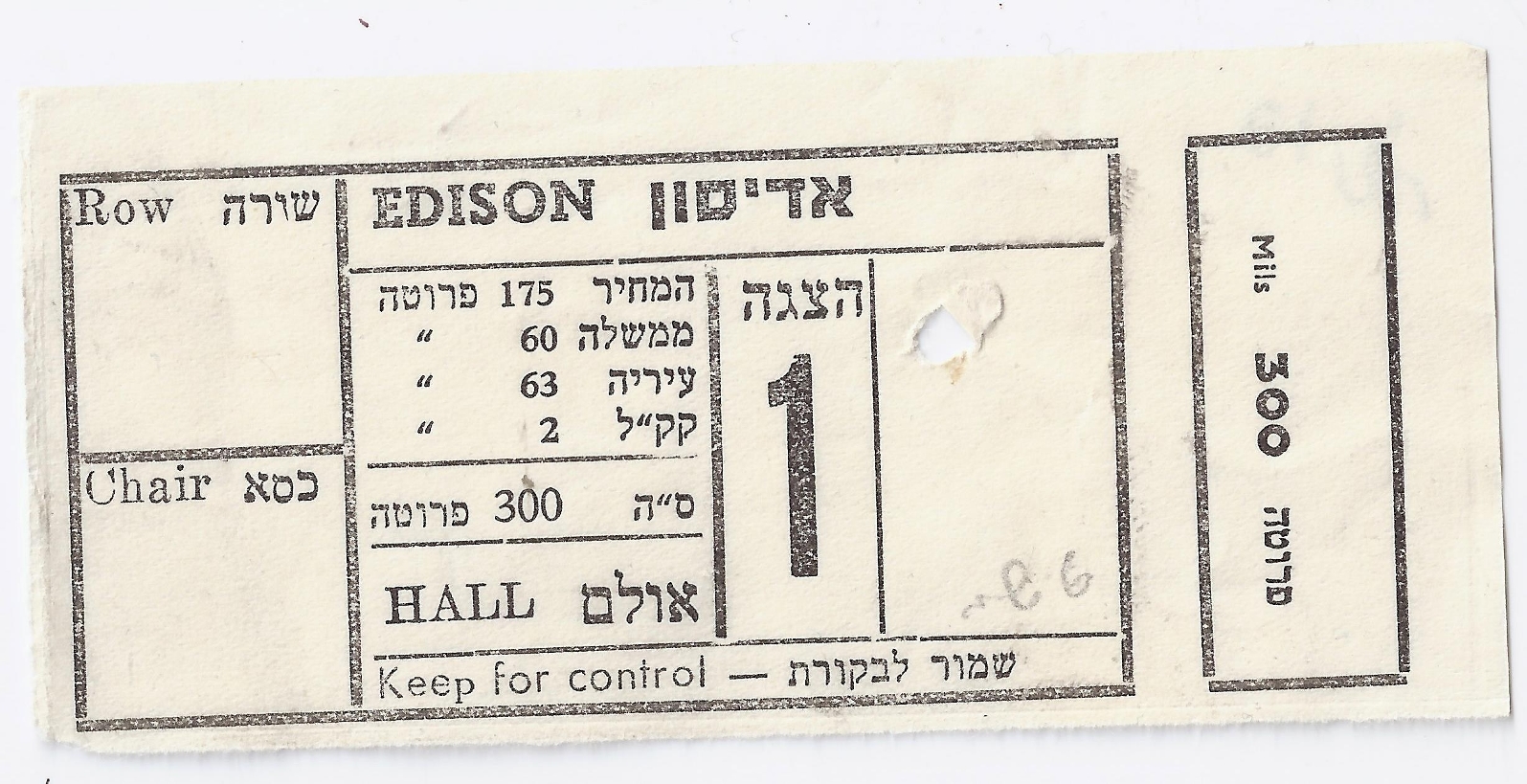
In 1912, a silent movie theater, the “Cinema International,” opened in Jerusalem on the second floor of Feingold House on Jaffa Road. However, the screenings, consisting mainly of silent feature films and documentaries, were not held at fixed times but instead began based on the number of tickets sold. Shows continued until after midnight, and from accounts told by veteran Jerusalemites to historian Shoshana HaLevy in her book First Issues in the Yishuv’s History, the mostly male audience was raucous.
“In those days, when the films were silent, viewers took a particularly active part in what was happening on the screen. Suggestions flew across the hall. Before every show, Jews and Arabs were armed with sunflower seeds which they cracked. They shouted at any poor actor who did not sense danger lying ahead: “You jackass, kick him in the teeth!”… And pity the couple kissing on-screen; deafening whistles started immediately… A visit to the cinema was truly an experience, until in 1931, when the first talking movie [Al Jolson’s “The Jazz Singer” – RN] silenced an astonished audience.”
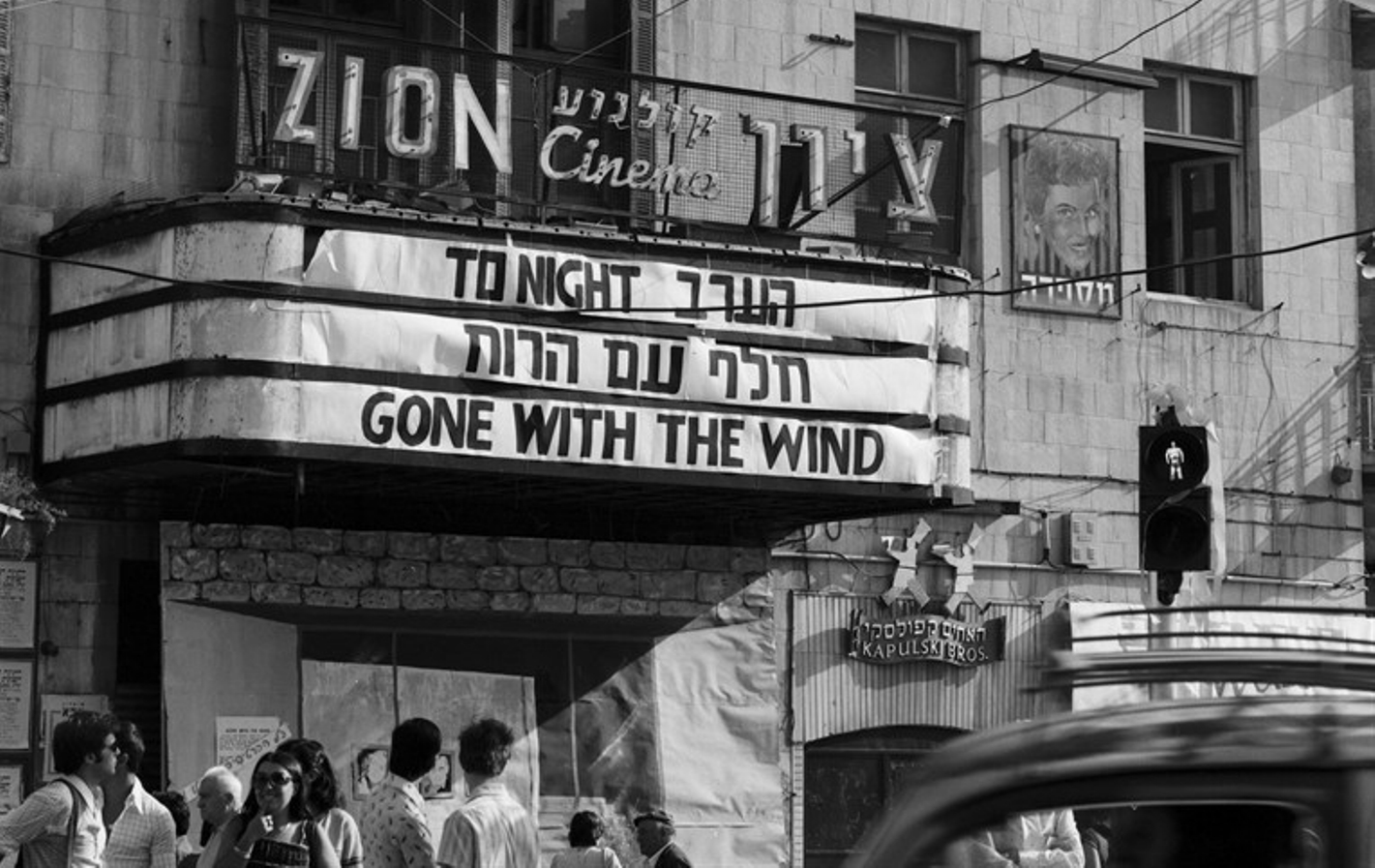
Initiated by Mayor Meir Dizengoff, Tel Aviv’s Eden Cinema opened in 1914 as a movie house and cultural center. The building, which still stands at the beginning of Lilienblum Street in Neve Tzedek, had two 800-seat halls: a roofed one for winter and an outdoor hall for screenings in the sweltering, pre-air-conditioning summer heat. Owners Mordechai Abarbanel and Moshe Visser were granted a 13-year exclusive municipal license for operating movie theaters. Once Eden’s monopoly expired in 1927, more and more cinemas sprang up all around Tel Aviv.
Jerusalem got its first proper movie house, the Zion Theater, in 1916. This was the beginning of the “Triangle” area, the junction of Ben Yehuda, Jaffa and King George streets, which emerged as the modern city began developing in the 1920s. Along with the many shops, restaurants and cafés, more and more cinemas were built.
These are now celebrated in an exhibition, “Stars Over Zion Square,” at the Jerusalem International Convention Center, featuring rare photographs, posters, tickets stubs and memorabilia inspired by the movie-going experience in Jerusalem that, according to the curators, included attempts to sneak into the Edison and Orion movie-houses aided by a legendary — and apparently lax — doorman named Gavriel Aroussi.
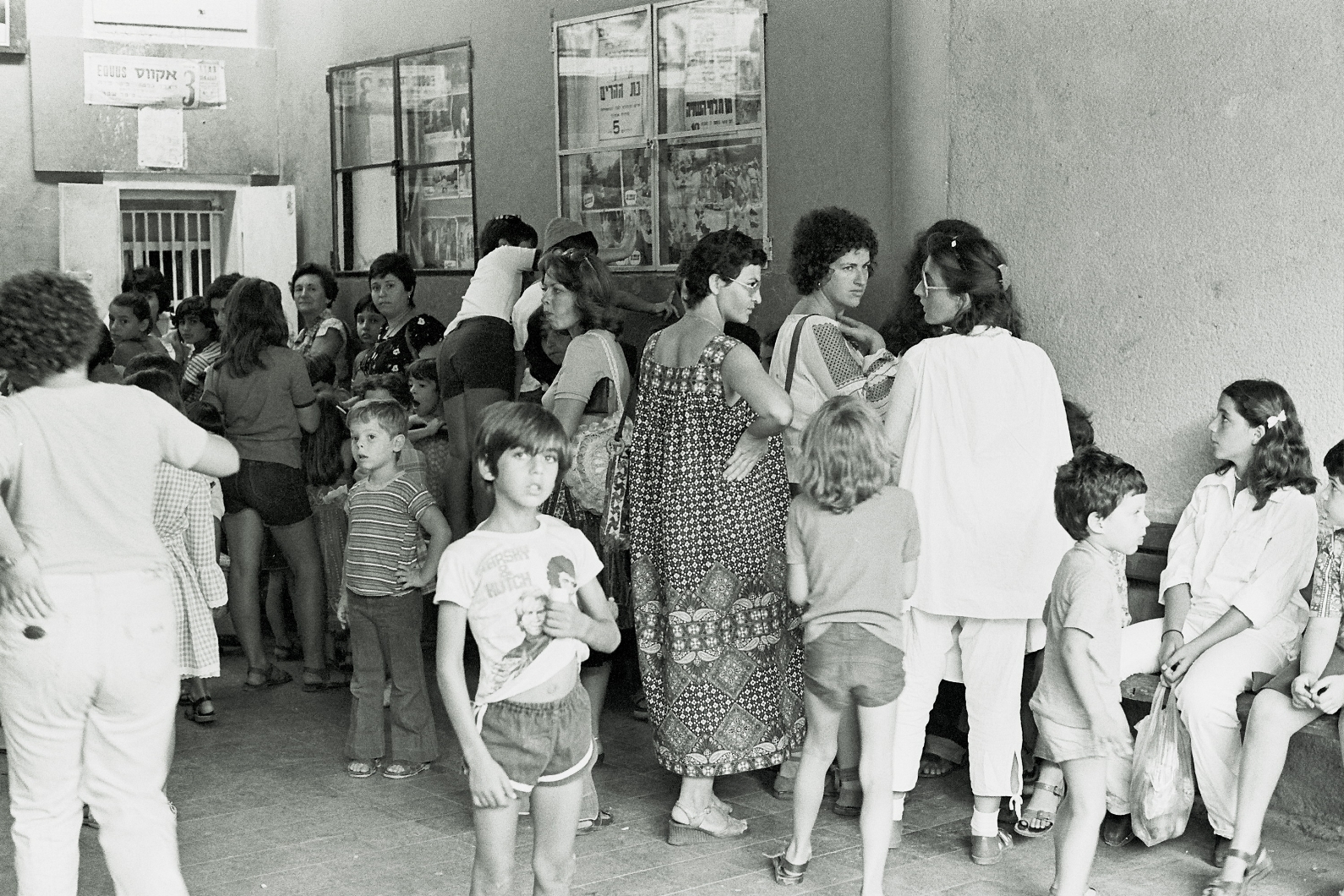
Cinema-going in Israel reached its peak in the 1960s, when the average annual number of visits to theaters was 18 times a year. In 1961, the total number of visits reached over 39 million.
Conditions were never ideal: creaking wooden seats tended to pinch fingers, and theaters would warn, “Madam, watch out for your seat lest your dress get caught.” Other signs asked theater-goers not to roll glass bottles down the aisle, or spit sunflower seeds onto the floor. Up until the mid-1980s, cigarette smoking was allowed, and the halls were often filled with fumes.
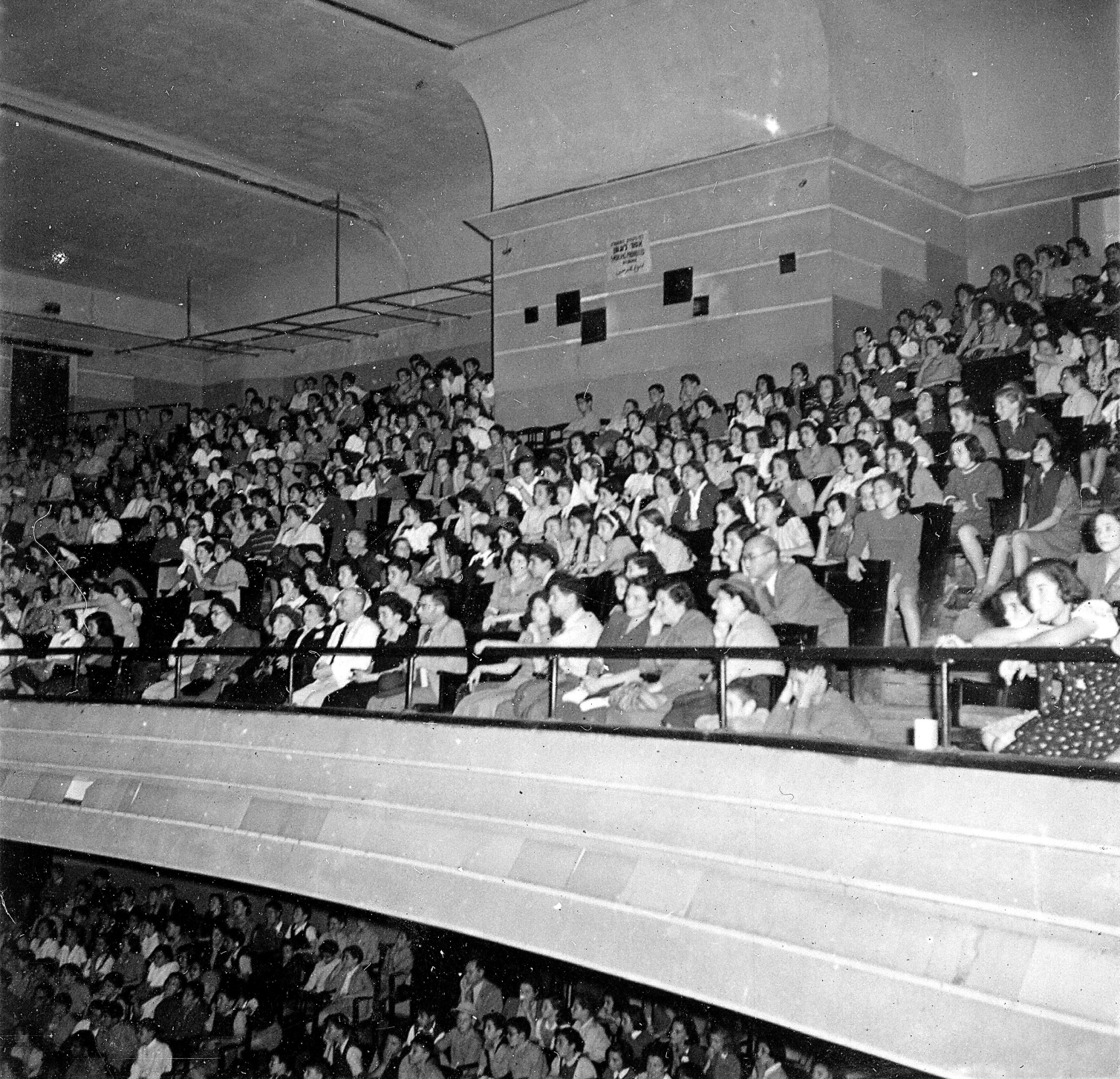
Nonetheless, going to the movies was “truly an experience” replete with Cassata ice-cream sandwich salesmen calling out their wares, intermissions perhaps not required by the film but certainly required by the food concessionaire, and pre-show commercial advertisements that were often more entertaining than the movie itself.
Visits began to decline with the advent of broadcast television in the mid-1960s. In the 1980s, as malls began being built, cinemas became more luxurious multiplexes, shifting location and size to meet the change in audience behavior patterns. Standalone movie houses began to close.
With the passage of time, many of the older structures have fallen into irreparable disrepair. Documenting their decline is architect Sharon Raz who photographs, writes and lectures about the country’s orphaned buildings. His most recent post, in his blog appropriately entitled “Natush” (“Abandoned”), shows 120 photos documenting the demolition of Tel Aviv’s historic Allenby Cinema.
Fortunately, some of the old cinemas have been repurposed: Jaffa’s Alhambra Cinema, a magnificent Art Deco building on Jerusalem Boulevard, is now a Scientology Center. The Bauhaus-style Esther Cinema on Dizengoff Square is now a boutique hotel.
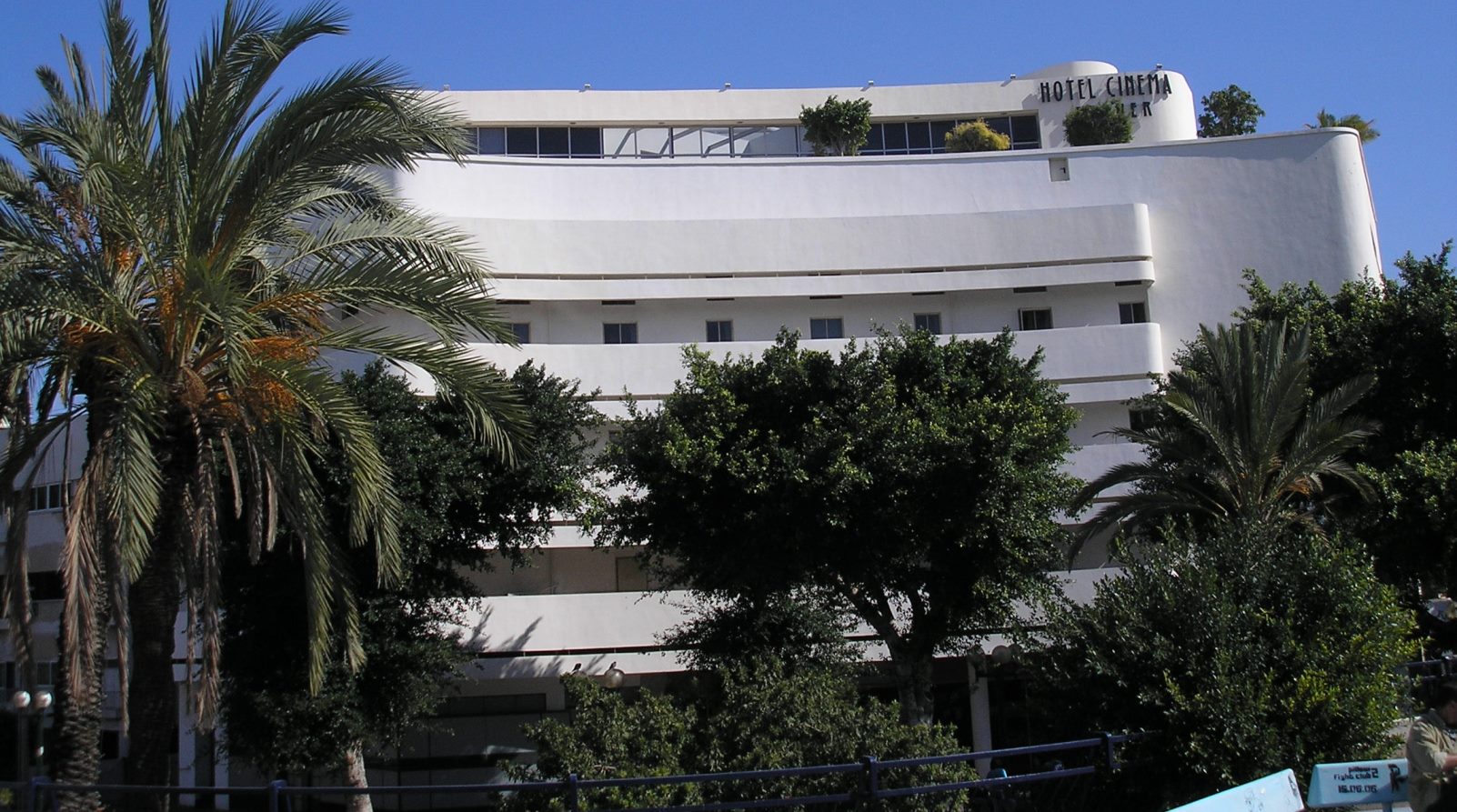
Tel Aviv’s historic Eden Cinema structure has been slated for preservation; in 2016, plans were announced to add additional stories and transform it into a luxury hotel.




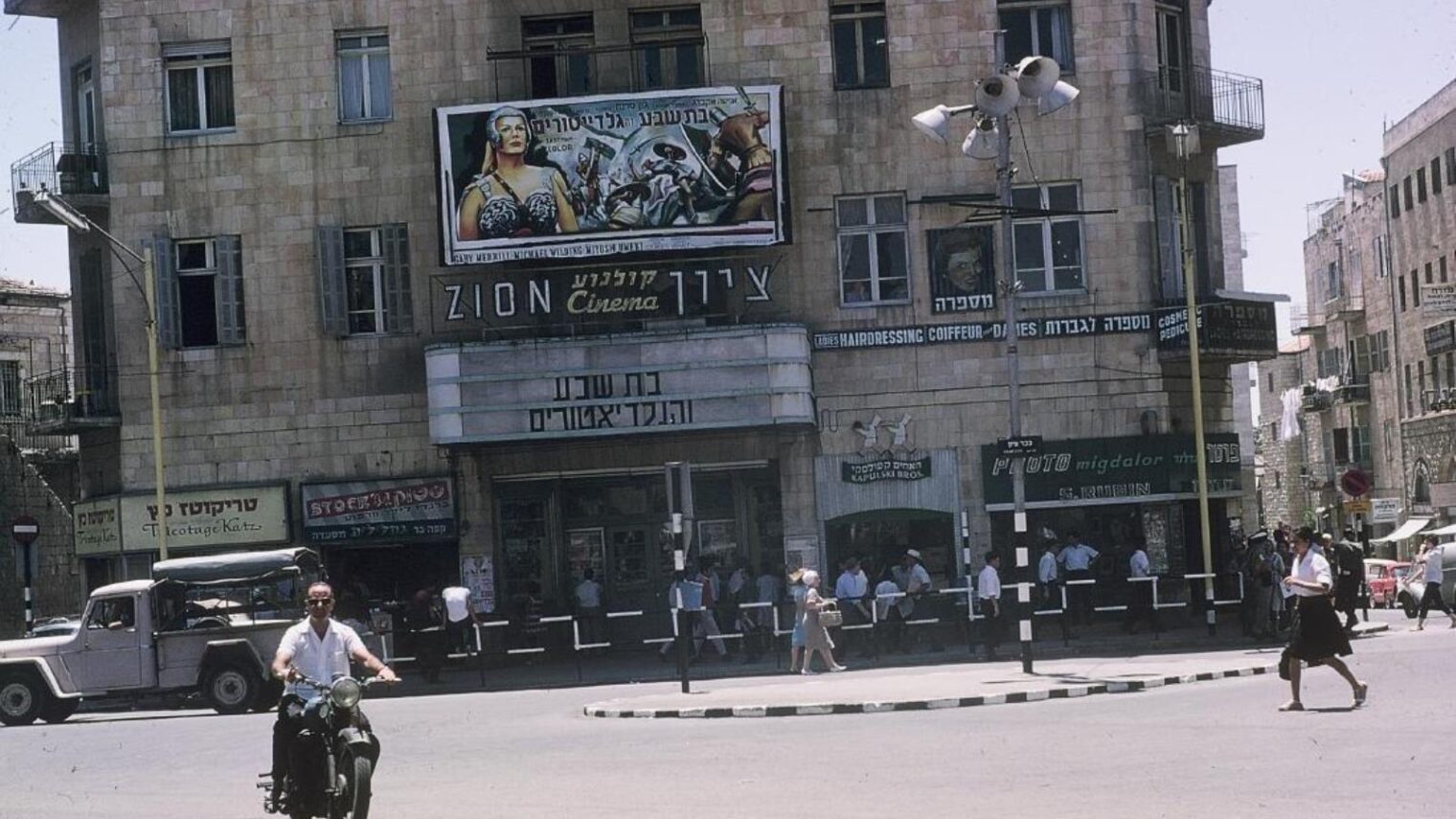










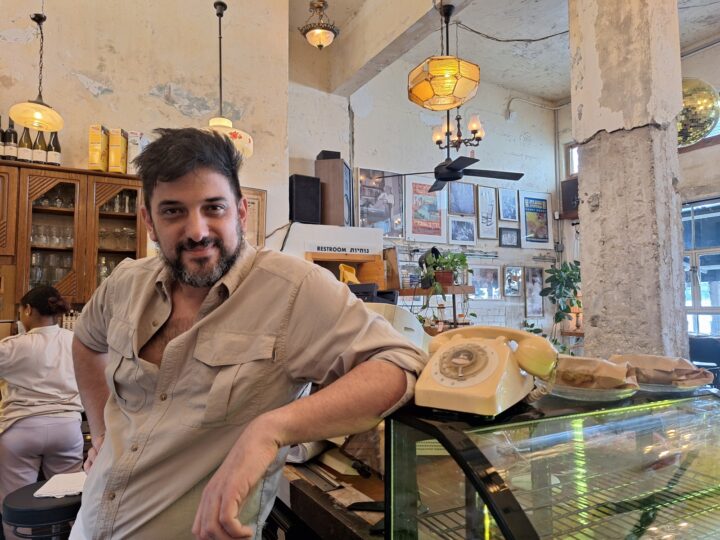
![Elections 1977 – Likud posters] In 1977, Menahem Begin led an election upset as Israel’s first non-Labor prime minister. Credit: GPO Elections 1977 – Likud posters] In 1977, Menahem Begin led an election upset as Israel’s first non-Labor prime minister. Credit: GPO](https://static.israel21c.org/www/uploads/2019/09/Elections_1977___Likud_posters_-_GPO-768x432.jpg)
